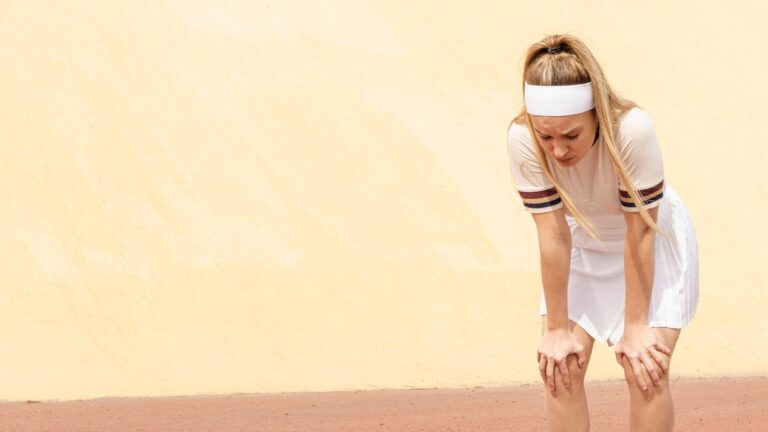Sports-related injuries are common across all age groups, affecting athletes at various activity levels. While these injuries may seem like temporary challenges, they can have long-term consequences if not properly managed. For athletes, parents, and coaches, understanding the broader impacts of these injuries and seeking guidance from a doctor when necessary is a critical part of maintaining health and performance.
Recognizing Common Sports Injuries
Sprains, strains, fractures, and concussions are some of the most frequently encountered sports injuries. Each type presents unique challenges. For example, while sprains and strains may cause discomfort and reduced mobility, concussions can be particularly complex, as their effects are not always immediately visible.
Repeated injuries or those left untreated can lead to more serious health problems over time. For instance, improper healing of a fracture could affect long-term bone health, while untreated concussions may result in cognitive or neurological concerns. Receiving prompt care after an injury helps minimize the risk of further complications.
Addressing Long-Term Physical Impacts
Some injuries, especially those involving repetitive strain or significant trauma, can have lasting physical effects. For example, injuries to the anterior cruciate ligament (ACL) can increase the likelihood of joint issues, such as arthritis, later in life. Similarly, untreated muscle imbalances may limit flexibility and lead to ongoing discomfort.
Early intervention plays a key role in reducing these risks. Working with healthcare professionals, including a doctor or physical therapist, can help identify the best strategies for recovery and rehabilitation. This proactive approach helps athletes maintain their physical abilities and reduce the likelihood of future limitations.
Understanding the Mental Effects of Injuries
Sports injuries can also affect mental health, mainly when they restrict an athlete’s ability to participate in the activities they enjoy. For many, losing playing time or struggling to meet performance goals leads to frustration or lowered confidence.
Anxiety about reinjury is another typical emotional response. Athletes may hesitate to return to full participation, even after they have physically recovered. Encouraging words from coaches, teammates, and family and access to professional counseling when needed can help athletes navigate these emotional challenges during their recovery.
Rehabilitation for Recovery
Rehabilitation is a crucial aspect of the recovery process. Whether through structured physical therapy sessions or personalized exercise routines, rehabilitation programs are designed to restore strength, mobility, and confidence.
The success of rehabilitation depends on consistency. Athletes are encouraged to follow the plans their doctor or physical therapist recommends to achieve optimal results. Parents and coaches can support this process by creating an environment where recovery is prioritized and progress is celebrated.
Reducing Injuries with Prevention Strategies
While not all injuries can be avoided, there are steps athletes can take to reduce the risk. Proper warm-ups and cool-downs help prepare muscles for activity and reduce strain. Using the correct equipment, such as protective gear, is another way to minimize potential injuries.
Attention to technique and form during training also plays a role in reducing strain on the body. Coaches can incorporate these habits into their training routines, while parents can encourage good practices at home. Building long-term physical strength and conditioning further promotes resilience against injuries.
Communicate With Your Doctor
Injuries are inevitable in sports, but they do not have to define an athlete’s experience. Addressing injuries promptly and creating environments where recovery and safety are prioritized can help athletes maintain both their physical and emotional health. For athletes at all levels, regular communication with a doctor and a focus on recovery and prevention support a healthier and more sustainable approach to sports.

